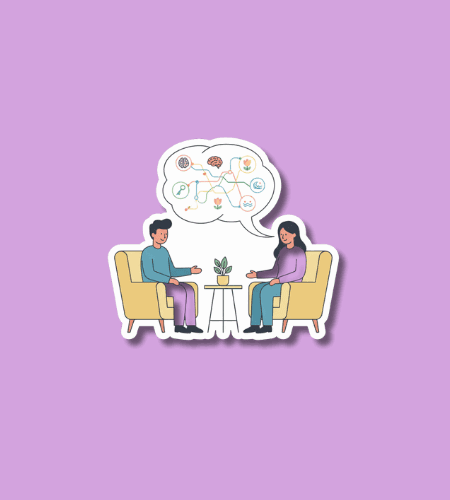Every year on September 25, National Psychotherapy Day encourages people to learn what therapy really is, reduce stigma, and appreciate the professionals who help individuals and families build healthier lives.
History of National Psychotherapy Day
National Psychotherapy Day took shape in 2012, when a group of clinicians and graduate students proposed a dedicated awareness day to counter myths about therapy and spotlight its benefits. Observance calendars have since fixed the date on September 25 each year, making it easy for schools, clinics, and communities to join in without fuss.
Early campaigns invited supporters to wear turquoise and share plain-language resources that demystify therapy. Advocates—including psychologist Ryan Howes, who helped spearhead the effort—also drew attention to barriers like cost, limited access to low-fee services, and media stereotypes about treatment. Together, these pieces shaped a friendly, public-facing tradition that keeps the message simple and welcoming.
Why is National Psychotherapy Day important?
Therapy isn’t just for crises, it’s a practical tool for everyday life—grief, anxiety, relationship patterns, stress at work, or simply wanting to grow. Marking a specific day lowers the temperature around the topic and gives people permission to ask questions, compare options, and take a first step without fear or shame.
It’s also a moment to notice the human craft behind the work. Therapists blend evidence-based methods with warmth, structure, and steady presence. When we understand that combination, therapy feels less mysterious and more like what it is: a collaborative process that helps people make sense of their stories and move forward.
- It validates seeking help as normal and wise.
- It invites honest talks about costs, access, and fit.
- It thanks the people who hold space for hard feelings.
- It spotlights real research over movie myths.
- It reminds us growth can be gentle and steady.
How to celebrate National Psychotherapy Day
Keep it low-pressure. Read a short explainer about what therapy can (and can’t) do, then write down one question you’d ask a therapist; clarity beats perfect plans. If you’re curious, schedule a brief consultation—most clinicians expect questions about approach, fees, and scheduling, and a quick chat can tell you a lot about fit.
Make the day visible in a kind way. Wear turquoise, post one credible resource, or thank a counselor or school psychologist who’s helped your community. If therapy already supports you, consider sharing a small, boundaries-safe insight about what’s been useful—hearing a real voice often helps someone else take their first step.
- Try a first conversation with a potential therapist.
- Wear turquoise and share why it matters to you.
- Learn the difference between therapy types in plain English.
- Leave a thoughtful note of thanks for a helping professional.
- Ask your workplace or school about mental-health resources.
National Psychotherapy Day Dates Table
| Year | Date | Day |
|---|---|---|
| 2026 | September 25 | Friday |
| 2027 | September 25 | Saturday |
| 2028 | September 25 | Monday |
| 2029 | September 25 | Tuesday |
| 2030 | September 25 | Wednesday |
Subscribe to our newsletter and never miss a holiday again!

